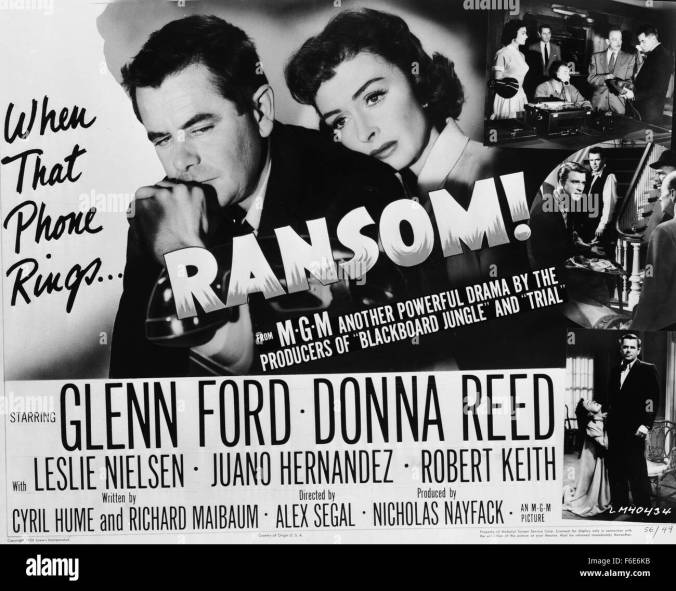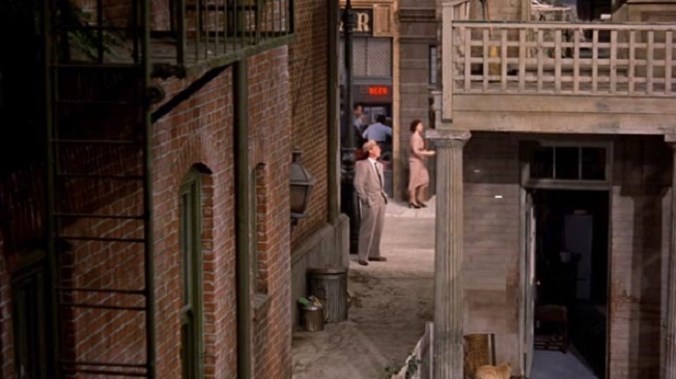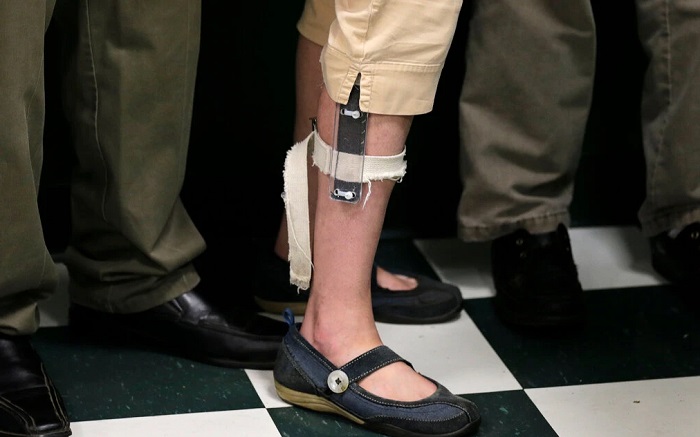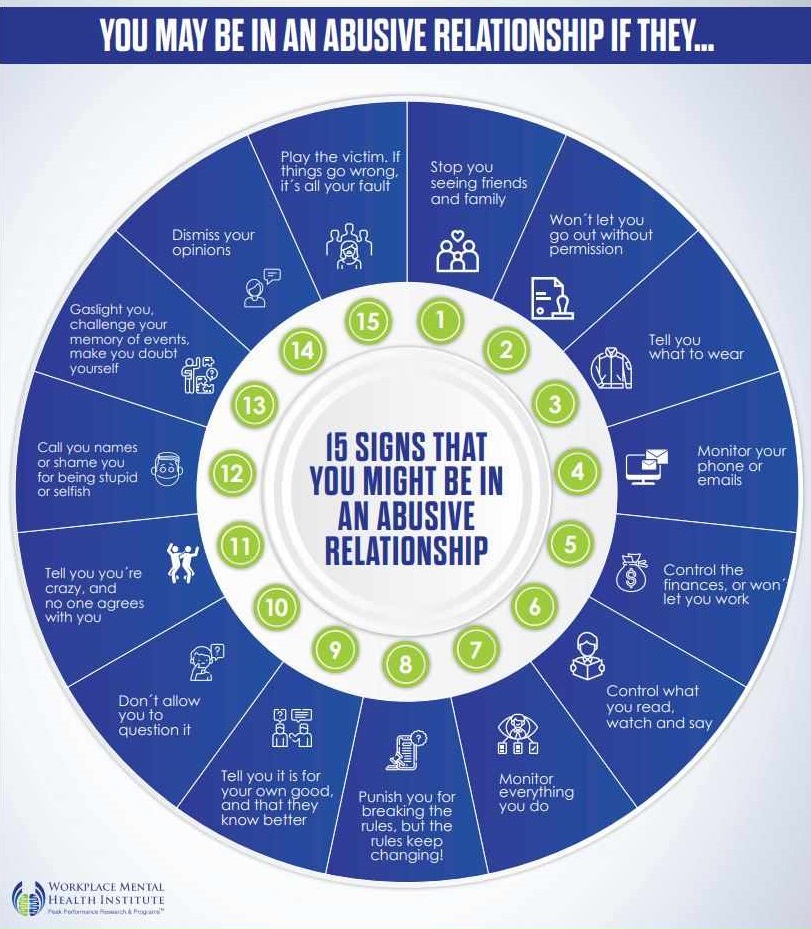“Ransom” is one of several Mel Gibson movies that constitutes a guilty pleasure. A remake of an old Glenn Ford film (also pretty good), “Ransom” is about a multi-millionaire whose young son is abducted, and after initially setting out to pay the ransom, decided to turn the tables on the kidnappers and offer the same amount as a bounty on them. I thought about “Ransom” when I read this yesterday:
The United States and Iran have reached an agreement to win the freedom of five imprisoned Americans in exchange for several jailed Iranians and eventual access to about $6 billion in Iranian oil revenue…
As a first step in the agreement, which comes after more than two years of quiet negotiations, Iran has released into house arrest five Iranian American dual citizens, according to officials at the State Department and the National Security Council…when the Americans are allowed to return to the United States, the Biden administration will release a handful of Iranian nationals serving prison sentences for violating sanctions on Iran. The United States will also transfer nearly $6 billion of Iran’s assets in South Korea, putting the funds into an account in the central bank of Qatar…the account will be controlled by the government of Qatar and regulated so Iran can gain access to the money only to pay vendors for humanitarian purchases such as medicine and food.








